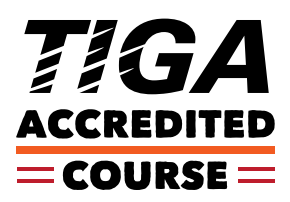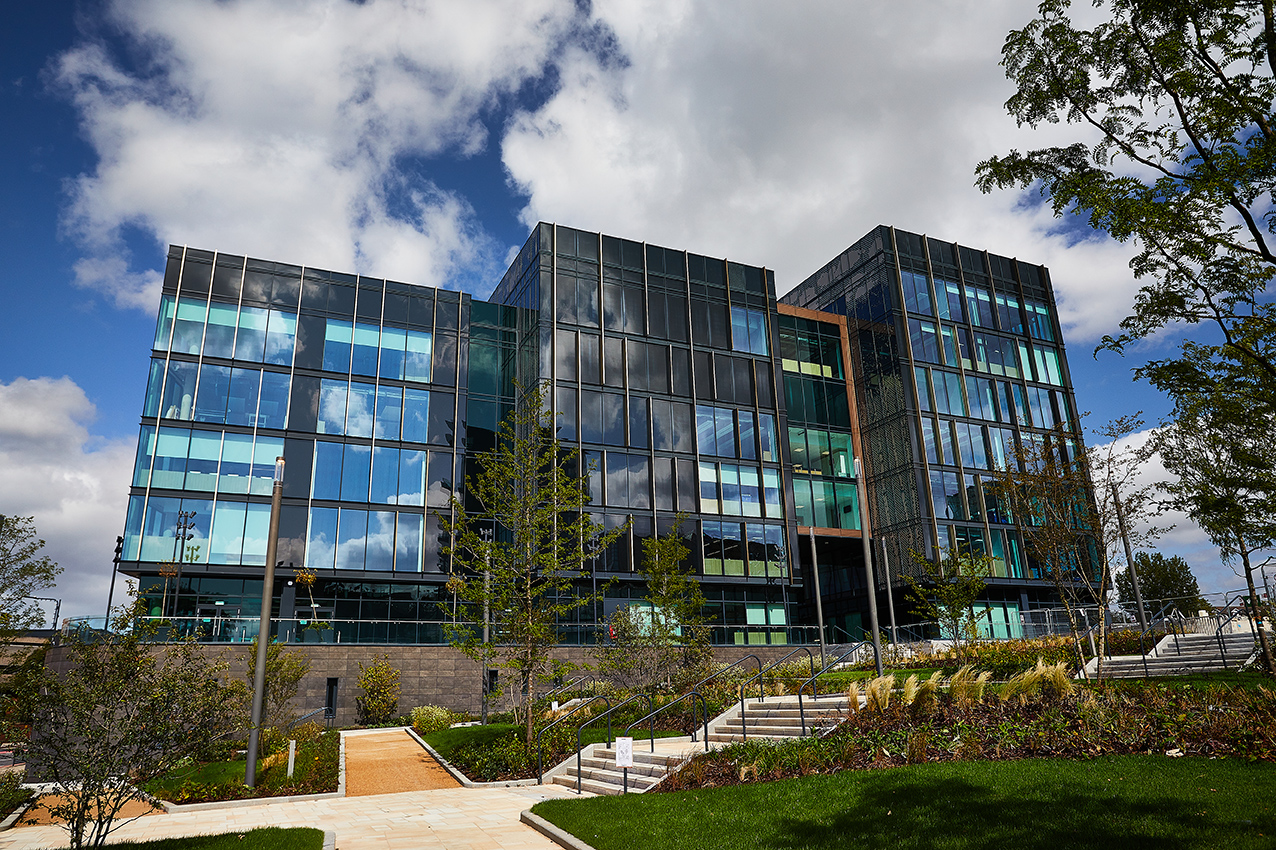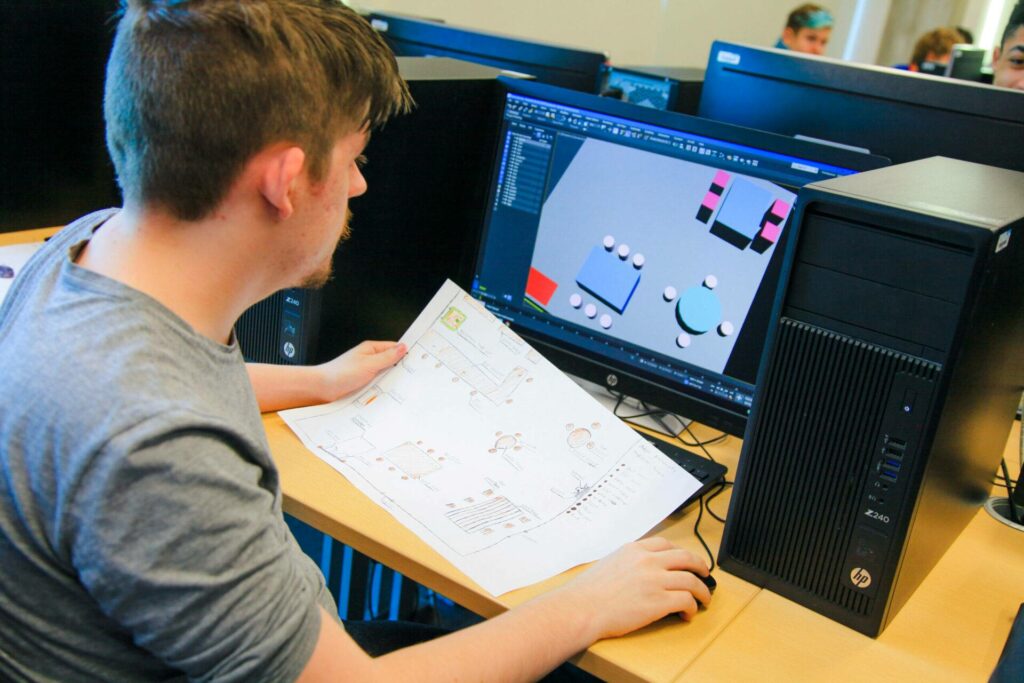What Our Students Say
Did you know!
- Take advantage of our exciting industry links with Games Republic, GaMaYo, IBM, Sleepy Brain Studios, EGX Rezzed, Yorkshire Games Festival.
- We provide full-time arts education to over 1,000 students every year, from level 1 through to BA Honours degrees. If you are successful in gaining a place on one of our specialist courses, we will work with you to develop your creative skills and prepare you for the next big step – either to university, drama school, art college or the world of work.
- On average programmers and software developers in Leeds earn £39,228.80 per year (Emsi).
Course Information
Introduction
Become a programmer, artist, writer or animator with this programme. You will strengthen your knowledge of games engines such as Unreal. You will explore the animation and modelling process, becoming comfortable with 2D and 3D modelling. You will also focus your creative flair to design levels, worlds, characters, and concept artwork.
Contact: Peter.Mitchell@leedscitycollege.ac.uk
Please note the Fees(Adult) may be free depending on student circumstances, please enquire for more information.

Overview
Become a programmer, artist, writer or animator with this programme. You will develop your knowledge of programming games engines such as Unreal and Unity. You will explore the production process, becoming comfortable with industry standard software. You will also focus your creative flair to design and develop levels, worlds, characters and concept artwork. At the end of the first year, you will choose a specialist discipline to focus on. In the second year of the course, you will collaborate with others to plan, produce and present a vertical slice of your own game.
Who is this course for?
If you’re in year 11 or 12 and are looking to take the next steps towards your career these courses are for you. Our vast selection of vocational courses span a range of subjects and combine academic study with practical skills. Study in industry standard facilities and use our industry links to prepare for progression.
Benefits and skills
- Gain knowledge and experience of using games engines such as Unreal and Unity
- Design and create concept art, levels, worlds, and characters
- Turn your concept art into 2D graphics and 3D models using industry standard software such as Aesprite
- Develop programming skills in C++ and C# and learn how to problem solve effectively
Entry requirements
Four GCSEs at grade 4 or above, including English OR Maths. Applicants are required to attend an interview and successfully complete a short task before a place on the course is confirmed. Applicants are encouraged to bring a portfolio of work with them to the interview, but this is not a strict requirement.
Available apprenticeships and progression options
Progression may include degree level study, an apprenticeship, or relevant employment. Upon successful completion of Extended Diploma in Computer Games you will achieve Level 3 Diploma/Extended Diploma Creative Media qualification.
Employment Statistics
-
Programmers and software development professionals
Average Salary£49,400
-
Graphic and multimedia designers
Average Salary£31,200
-
Aircraft maintenance and related trades
Average Salary£42,120








Follow us on Social Media